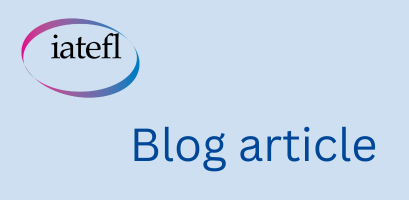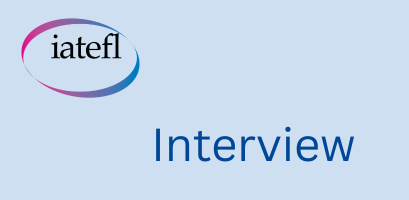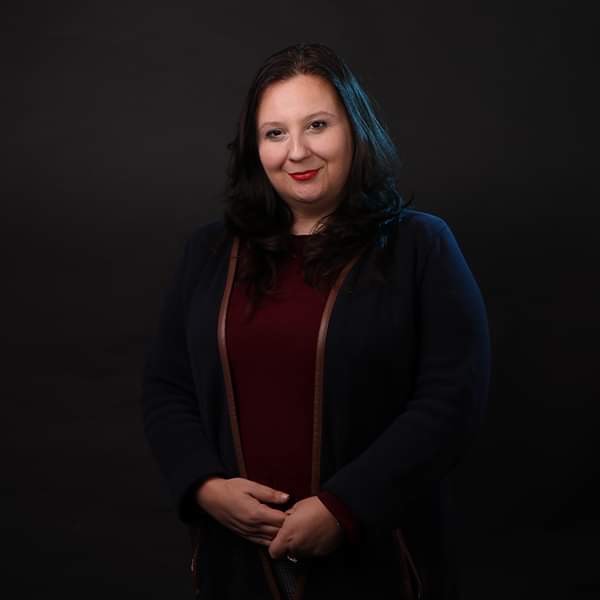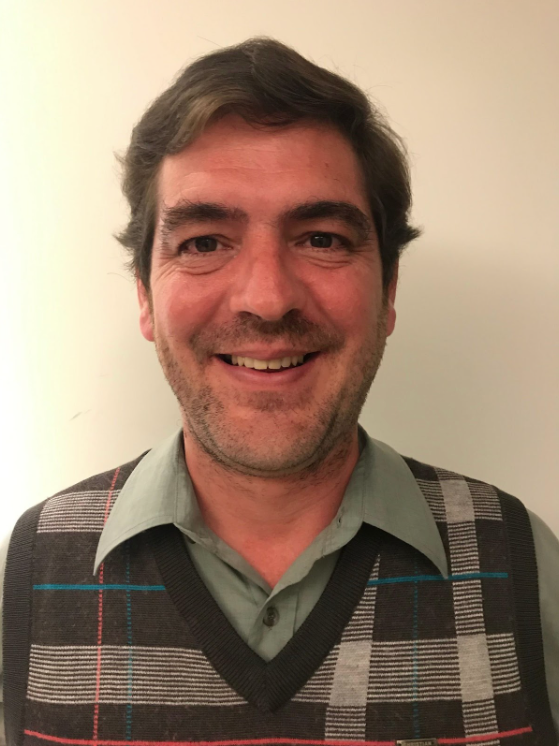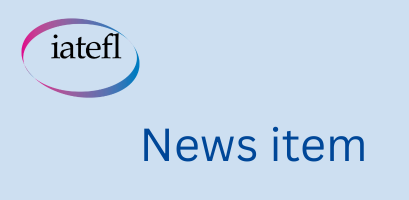On 4th February 2023 I presented the webinar “Word (hi)stories: making lessons memorable and engaging”. More than 200 participants attended from all over the world and I wanted to thank them for the heart-warming emails I received after the webinar. It was based on the talk I gave at IATEFL conference in Belfast in 2022. The main idea at the heart of this webinar is that many of the apparent inconsistencies of the English language that puzzle students, often have a logical or historical explanation. Each variety of English (American English, Australian English, British English…) will have been influenced by different historical events: my webinar focused on British English.
Note: IATEFL members can access the recording of this webinar (and all other webinars) by logging on to the IATEFL website and then clicking here: https://www.www.iatefl.org/resources/word-histories-making-lessons-memorable-and-engaging
This article is follow-up to my webinar, which was recorded for the benefit of those who could not attend live on 4th February. In this article, I will give a brief overview of a few selected topics of the webinar and try and address the interesting questions I was asked at the end of my talk and provide a list of further reading for those who wish to know more about the development of English.
How can the historical development of English lexicon and grammar help students?
Students often ask us why English is so inconsistent in its grammar, pronunciation and spelling, especially students whose native language may have a more predictable pronunciation, in that a given spelling may correspond to a single sound – as in German or Italian, for instance. It is therefore useful to talk them through a little of the history of the development of the English language to show them that many of such apparent inconsistencies can often be explained by looking at the history of English. This does not mean that we need to be experts in the field; sometimes it is sufficient to explain a few historical events and tell the stories that lie behind a few selected words, grammatical constructions, spelling or even pronunciation and intonation.
In order to do so, it is best to start out by providing students with an overview of the languages that contributed to shaping English, and the mechanism that are at play when two languages are in contact for a long time. Two of the main mechanisms worth mentioning are borrowings and calques, and a third – more complex one –is grammaticalization, all of which are briefly described in the next sections.
Lexical Borrowings
A borrowing (also called loanword), as the name suggests, is a word that was adopted from another language. English has borrowed extensively from many languages, mostly from Germanic languages, French and Latin.
For example, debt is derived through ME word dette (pronounced /det/, as in French). However, during the Middle Ages, scholars added the letter “b” to show Latin etymology. The letter “b” in “debt”, therefore, was never pronounced in English but the spelling became established. Of course, people continued pronouncing the word as they used to, and this partially explains why there are silent letters in some words to date. The same happened with doubt (from French doute + Latin dubitum), plumber (O.F. plommier + Latin plumbum), subtle (O.F. sotil + Latin subtilis ), and island (German «Eiland» meaning”small island« + Latin insulam), just to mention a few.
Calques
A calque is word-by-word translation of a phrase or a grammatical structure from another language. For example, the English periphrastic construction going to + infinitive, used to talk about the future, is a calque of the French form aller + infinitive.
Il va pleuvoir=it is going to rain
When foreign words are borrowed, new sounds are borrowed as well. After some time, though, when the new word is fully assimilated into the borrowing language, the pronunciation may change to a more anglicized version, and this explains why there are often two or more ways of pronouncing a word.
The general principle is to adopt and then adapt.
Going back to borrowings, it is interesting to know that many words were borrowed more than once from the same source language in different periods in history. This gave rise to etymological twins, or doublets – words which share the same etymological root but have developed different meanings. A few examples are reward-regard, ward-guard, flour-flower and grammar-glamour.
Grammaticalization
During the webinar, I briefly introduced the phenomenon of grammaticalization. I must say many participants were really intrigued by it. Grammaticalization is the process by which some words lose their semantic content (this is called semantic bleaching) and acquire a grammatical function. An example is the modal verb “will”.
“Will” entered the English language with the meaning of “want”, as it comes from comes from Anglo-Saxon willan, meaning “to want, wish”. If I wanted to say “I want some bread” in Old English (500-1100), it would probably correspond to something like “Ic will bread” (invented example, I hope experts in Old English will forgive me for any inaccuracy!)
In modern German “I want” can still be translated as “Ich will”, followed by a direct object.
Over the centuries, will underwent semantic bleaching in English, i.e. the meaning of the verb was lost, and the verb simply retained a grammatical function: since it meant “want/wish” and wishes are projected in the future, it started being used to talk about the future. However, we can still see a remnant of the former “want” meaning in: have the will to do something, if you will (= if you wish), my car won’t start (=refuses to=doesn’t “want” to start). Of course, this is a very simplistic account, but I hope I will be able to tell you more about grammaticalization in future talks/webinars.
Questions & Answers
After the webinar I was asked many interesting questions, which I will try and answer as best as I can.
Do similar mechanisms exist in other languages?
Of course! There are endless examples of borrowing in other languages too. For instance, in Italian architecture the word “bovindo”, is taken from English bow-window. However, the letter “w” in Italian tends to be pronounced as if it were “v”, hence “bovindo”.
Do we need to be expert in HOE?
Not necessarily. Just pick a few interesting (hi)stories and many of your most curious students will almost inevitably develop an appetite for knowing more and more!
Should we teach etymology in class?
No – the purpose is not to teach etymology. Etymology – or perhaps a more descriptive account of the history behind words, grammatical constructions or pronunciation – is just a springboard to show that there are reasons behind apparent inconsistencies. Some students tend to be demotivated by too many “exceptions”, but if they see them as part of a natural process of language development, they will see the logic behind these exceptions and feel more comfortable.
Who decides about change in spelling?
In the Middle Ages it was scholars who had to make decisions as to which form to record in writing, in an attempt to “tidy up” the language. There were no written rules and scribes wrote down words trying to reproduce at best the sounds they heard. This resulted in multiple spellings.
Over the centuries, many factors have contributed to changes in spelling: The Great Vowel shift, processes of standardisation, spelling reforms, the invention of the printing press, the compiling of the first dictionaries.
Today, as in the past, there can be many triggers for change. Sometimes it may simply be a natural process of language change, unintentionally brought forward by its users and consolidated by frequency of usage: people simply start using a form that is convenient, because it may be short, easy to use or simply fashionable. This may result in new spellings, new words, acronyms being used as words or verbs, verbs being used as nouns and vice versa. For instance, we google words (where the name Google has become a verb); we PM someone on social media: the acronym for “Private Message” is being used as a verb; we shop for clothes in the womens department: the grammatically correct form women’s, made up of the irregular plural noun women + the Saxon genitive ‘s, has become a single word in most department stores.
Other times, there may be official attempts to reform spelling, but it does not mean that all the changes will catch on. Most people will continue writing words as they used to.
Will the pronunciation of English change in the future?
This is a difficult question to answer. It may well change, especially considering the fact that there are more non-native than native speakers using the English language every day for international communication. International English is more accent-neutral, therefore pronunciation may change to simpler forms that can be understood by everybody and connected speech mechanisms may not be such a big part of the way English will be spoken in the future. Another major factor driving change is the speed at which linguistic trends catch on (but also disappear) due to video-based technology: reels/TikTok… Everything is faster nowadays, and while it means that trends spread quickly, it may also mean that trends change so quickly that they do not have the material time to stick.
Further reading
As for the history of English and borrowings, there is a wealth of interesting resources, it is difficult to make e selection. Here are just a few:
- Crystal, D. (2012). Spell it Out: The Singular Story of English Spelling. London: Profile Books.
- Durkin, P. (2014). Philip Durkin. 2014. Borrowed Words: A History of Loanwords in English. Oxford: Oxford University Press.
- Fennell, B. A. (2001). A history of English: A sociolinguistic approach. Oxford, UK: Blackwell Publishers.
- Hogg, R. M., & Denison, D. (2006). A history of the English language. Cambridge, UK: Cambridge University Press.
If you are interested in grammaticalization, there are many papers you can access on the internet about both grammaticalization and degrammaticalization. I suggest you have a look at the work of Martin Hilpert http://members.unine.ch/martin.hilpert/
Books:
- Ledgeway A. & Roberts I. (Eds.) (2017), The Cambridge Handbook of Historical Syntax (Cambridge Handbooks in Language and Linguistics, p. I). Cambridge: Cambridge University Press.
- Narrog, H. & Heine, B. (Eds) (2011). The Oxford handbook of grammaticalization. Oxford: Oxford University Press.

About Jennifer Lowe

Jennifer is a tutor, teacher and teacher-trainer. She conducts academic research in Linguistics and English Language at Lancaster University and is a regular speaker at International conferences on English Language Teaching and Linguistics. She is part of the ELT Research team’s freelancer network at Cambridge University Press and runs her own private language school near Milan – founded in 1996 and employing 8 teachers.

Contribute to the blog
If you are a member of IATEFL and would like to contribute to the blog, we’d love to hear from you at [email protected]. We’re looking for stories from our members, news about projects you’ve been involved in, and anything else you think those connected to English language teaching would be interested in reading. We look forward to hearing from you! If you’re not a member, why not join us?
See blog guidelines and ideas
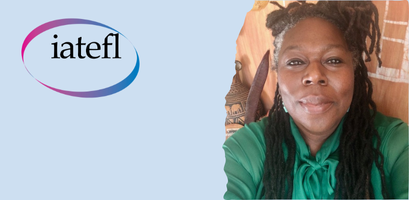
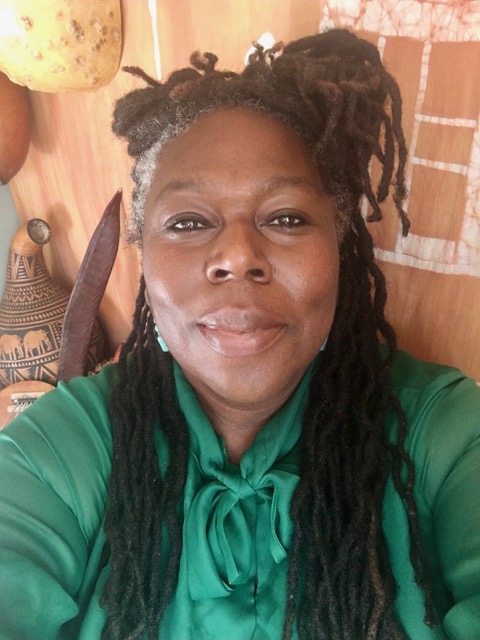
![]()
